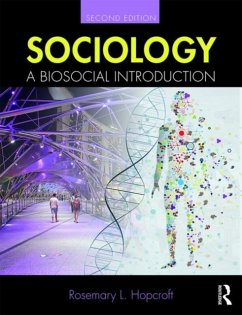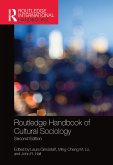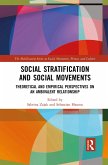In an era of human genome research, environmental challenges, new reproductive technologies, and more, students can benefit from introductory sociology text that is biologically informed. This innovative text integrates mainstream sociological research in all areas of sociology with a scientifically informed model of an evolved, biological human actor. This text allows students to better understand their emotional, social, and institutional worlds. It also illustrates how biological understanding naturally enhances the sociological approach.
This grounding of sociology in a biosocial conception of the individual actor is coupled with a comparative approach, as human biology is universal and often reveals itself as variations on themes across human cultures. Tables, figures, and photos, and the author's concise and remarkably lively style make this a truly enjoyable book to read and teach.
This grounding of sociology in a biosocial conception of the individual actor is coupled with a comparative approach, as human biology is universal and often reveals itself as variations on themes across human cultures. Tables, figures, and photos, and the author's concise and remarkably lively style make this a truly enjoyable book to read and teach.
Hopcroft's introductory sociology textbook is one of the very few that takes seriously the necessity for developing genuinely scientific explanations of human social behavior and that strives to do so by forging explicit linkage with the basic principles of the evolutionary behavioral sciences. The effort is laudable, and it is in keeping with the longstanding, but as yet not fully realized, promise of a truly scientific sociology.
Timothy Crippen, Professor Emeritus, University of Mary Washington
Timothy Crippen, Professor Emeritus, University of Mary Washington








